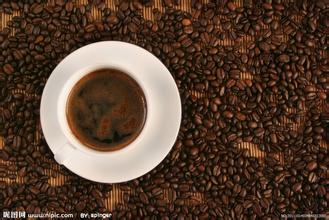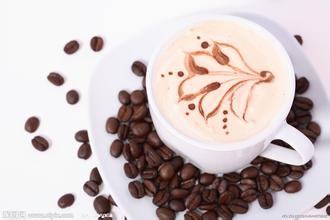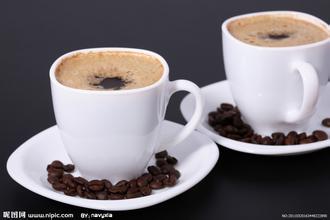The overall soft, slightly sour Salvadoran coffee estate introduces Renas Manor.
Salvadoran fine coffee is concentrated in Santa Ana in the west and Charantan Nango volcanic rock producing areas in the northwest. In recent years, almost all of the top 10 cup tests come from these two producing areas, with an altitude of about 900-1500 meters. Bourbon is the main one (accounting for 68%), followed by Pacas (accounting for 29%), and mixed Pacamara, Duraai and Cadura only account for 3%.
The coffee harvest lasts from November to March. All are hand-picked to harvest fresh coffee.
Generally speaking, Salvadoran coffee inherits the mild quality of Central American coffee, which is soft, slightly sour and has a good sweetness. At the same time, it has its own characteristics: aromatic taste slightly sour, very soft; pure without impurities, excellent balance of taste; smooth feeling like cream chocolate is impressive; coffee in the mouth that kind of dense feeling makes coffee have a deep taste, long aftertaste Climate characteristics
Savanna climate. Plain area belongs to tropical rain forest climate, mountain area belongs to subtropical forest climate. The annual average temperature is 25-28℃, the annual precipitation in mountainous areas is more than 1,800 mm, and that in coastal areas is about 1000 mm. May-October is the rainy season.
Don't underestimate El Salvador's coffee production. In its heyday, it was the fourth largest coffee producer in the world, but decades of civil war almost brought down the coffee industry. Fortunately, the war stopped in recent years and the coffee industry recovered. The only benefit of the civil war for El Salvador was that farmers left their fields barren and could not catch up with the most popular Catimo train of cultivation in the past two decades, thus preserving the ancient bourbon and tibeka varieties. In other words, El Salvador still cultivated in the most traditional shade method, which had a positive effect on the aroma of coffee. In 2005, the Salvadoran hybrid Pacamara showed off at the coe, which made many international cup testers confused and did not know how to grade it. Unexpectedly, this hybrid bean not only broke the existing aromatic boundaries of coffee, but also expanded the visibility of Salvadoran coffee.

Important Notice :
前街咖啡 FrontStreet Coffee has moved to new addredd:
FrontStreet Coffee Address: 315,Donghua East Road,GuangZhou
Tel:020 38364473
- Prev

Costa Rican Coffee producing country introduces Costa Rican Coffee Manor producing area
All the coffee trees planted in Costa Rica are Arabica coffee trees. through improvement, the quality of coffee beans is better and more stable. in order to facilitate picking, coffee trees are kept at a height of about 2 meters through continuous pruning. The coffee that people eat is the taste of the seeds in the fruit that are brewed in water. After picking raw coffee beans, the peel, pulp, seed film and sun exposure must be removed.
- Next

Costa Rican Coffee Manor Fire Phoenix Manor introduces boutique coffee beans
In recent years, a new "honey treatment method" has become a trend, because there is no need to invest in huge sinks and drying fields, so that many independent manors or small cooperatives can afford it. a kind of honey-treated coffee with high sweetness, low acidity and complex taste has become the goal of the coffee industry in recent years.
Related
- Does Rose Summer choose Blue, Green or Red? Detailed explanation of Rose Summer Coffee plots and Classification in Panamanian Jade Manor
- What is the difference between the origin, producing area, processing plant, cooperative and manor of coffee beans?
- How fine does the espresso powder fit? how to grind the espresso?
- Sca coffee roasting degree color card coffee roasting degree 8 roasting color values what do you mean?
- The practice of lattes: how to make lattes at home
- Introduction to Indonesian Fine Coffee beans-- Java Coffee producing area of Indonesian Arabica Coffee
- How much will the flavor of light and medium roasted rose summer be expressed? What baking level is rose summer suitable for?
- Introduction to the characteristics of washing, sun-drying or wet-planing coffee commonly used in Mantenin, Indonesia
- Price characteristics of Arabica Coffee Bean Starbucks introduction to Manning Coffee Bean Taste producing area Variety Manor
- What is the authentic Yega flavor? What are the flavor characteristics of the really excellent Yejasuffi coffee beans?

